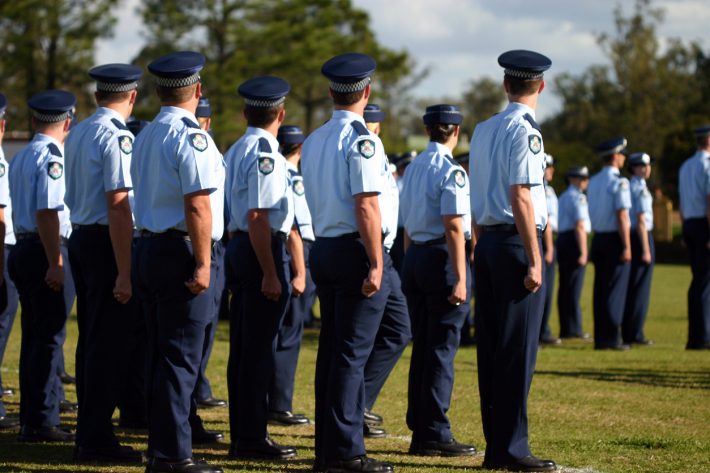Who Can Claim
If you’ve been injured at work, it’s essential to know whether you’re eligible to make a claim for workers compensation. In fact, it’s one of the first questions that you’ll need to resolve. Understanding how workers compensation laws apply to South Australian workers can help make this task easier.
How does the law define a “worker”?
In South Australia, workers compensation laws say that that only a worker is entitled to receive workers compensation in circumstances where their injury arises from their employment. That is, that their employment is a significant contributing cause of their injury. (In the case of psychiatric injuries, the situation is different. You should seek immediate legal advice if you believe your psychiatric injury was caused by your employment.)
The laws broadly define the term “worker” to include:
- An employee or other person who is engaged under a contract of service.
- A self-employed worker.
- Some volunteers, for example Country Fire Services volunteers, State Emergency Services volunteers or marine rescue volunteers.
- Former workers.
- Legal personal representatives of deceased workers (for example, the executors of their estates.)
Employees
Employees are engaged to perform work under a contract of service. Often, whether a person is an employee is straightforward because there is an employment contract, industrial award, or workplace agreement that governs the terms of their employment. All of these documents can be defined as contracts of service. Sometimes, however, whether an employment relationship exists isn’t as clear-cut.
However, there is typically an employment relationship where:
- The employer exercises some control over the worker’s work.
- The worker and employer intend to form an employment relationship.
- The worker performs tasks at the employer’s direction.
- The worker performs work on the employer’s premises using the employer’s equipment.
- The worker works hours that are agreed with the employer.
- The worker has annual, sick and long service leave entitlements and the employer pays superannuation on their behalf.
- The worker is paid a salary, agreed hourly rate or award rate.
- The worker’s employment can be terminated by the employer under certain circumstances.
Other workers engaged under contracts of services
In addition to employment, workers compensation laws set out other circumstances in which workers can be engaged under contracts of service. For example, independent contractors and self-employed workers who work in certain industries, including:
- Building industry.
- Cleaning industry.
- Transport industry, including taxi drivers.
- Entertainment industry.
Religious ministers, jockeys, apprentices and trainees are also deemed to be engaged under contracts of service.
Independent contractors
In some circumstances, independent contractors are considered to be “workers” because they are engaged to perform work under contracts of service. However, in other circumstances, they are not covered by workers compensation laws because they are engaged to perform work under contracts for services. This is a subtle distinction in the language used but there are important differences.
People engaged under contracts for services are typically self-employed contractors and their engagements may have the following characteristics:
- There is no written agreement outlining an intention to be employed by the organisation.
- The agreement between the organisation and the contractor is to achieve a result. Once the result is achieved, the relationship comes to an end, or a new contract is put in place.
- The contract can be terminated but the contractor can’t be hired or fired.
- The contractor has a high level of discretion and flexibility about how the work is performed.
- The contractor will make a profit or loss from the work.
- The contractor carries their own insurance.
- The contractor provides their own equipment.
- The contractor has no leave entitlements and the organisation doesn’t pay superannuation on their behalf.
- The contractor is often running their own business.
- The contractor may sub-contract some or all of the work.
If you wish to make a workers compensation claim but are uncertain whether you are engaged under a contract of service or a contract for services, you should seek legal advice from an experienced workers compensation lawyer.
Interstate workers
If you are a worker living in South Australia but frequently working interstate, you will probably be covered by South Australian workers compensation laws, even if you were injured whilst interstate. There are now uniform laws across Australia that allow for employers to insure workers against injury in other States and Territories.
An injured worker’s right to claim
If you are injured at work, you may have a right to workers compensation in the form of one or more of the following:
- Weekly payments of income maintenance for time lost from work.
- Medical expenses for treatment relating to their injuries.
- Lump sum compensation for permanent loss or impairment.
Websters Lawyers has a team of outstanding workers compensation lawyers who can help you to work out whether you are eligible to claim and if so, can assist you with all aspects of your workers compensation claim. Contact us today for a free initial consultation.










